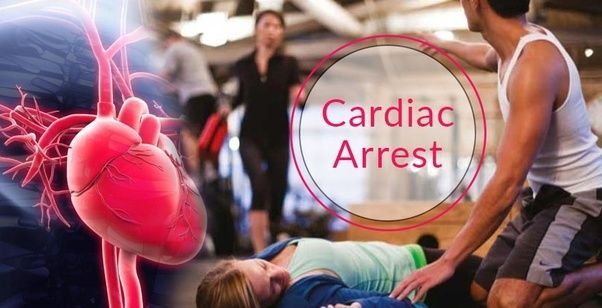
Sudden Cardiac Arrest is the number one killer of Americans. It kills more people than all cancers combined. In the U.S. each year more than 400,000 people will suffer an SCA or sudden cardiac arrest, a life-threatening emergency caused by an electrical disturbance that causes the heart to develop an arrhythmia and stop beating. Prompt treatment is vital or death will occur in over 90 percent of SCA sufferers. That's right, less than 10% of SCA sufferers will survive their event, many with permanent neurological, cognitive damage, and memory loss.
What causes an electrical disturbance in the heart in the first place, which leads to an SCA? Various conditions inherited and acquired such as coronary artery disease, chronic hypertension, various cardiomyopathies and scarring on the heart from a previous heart attack, and even extreme physical stress, drug and alcohol use, viral infections and electrolyte imbalances and malnutrition.
And although such coronary events are more likely to occur in those over 35, and are more likely to occur in those with African American race, they do occur in the young and people of all ages and races.
On Dec. 19, 2009, thirty-two-year old actress Brittany Murphy was found dead in her residence after suffering a sudden cardiac arrest. Murphy had been diagnosed with mitral valve prolapse and a heart murmur in her teens and was reported by the Los Angeles County Coroner's office to have been recovering from a flu-like illness, to have iron deficient anemia, and to have multiple prescription drugs in her system.
What is the treatment for a sudden cardiac arrest? First, call 911, then begin CPR with chest compressions until emergency personnel arrive. Equipment such as an AED/Defibrillator which administers electrical shocks, can restore the heart rhythm. CPR classes now teach how to use Defibrillators and once you turn it on, the voice prompts tell you what to do and walk you through the step by step process.
Brain damage begins in just four minutes after a sudden cardiac arrest so act quickly and keep those compressions going until lifesaving help is on the scene. Be sure that you know how to perform CPR because you could save a precious life.
